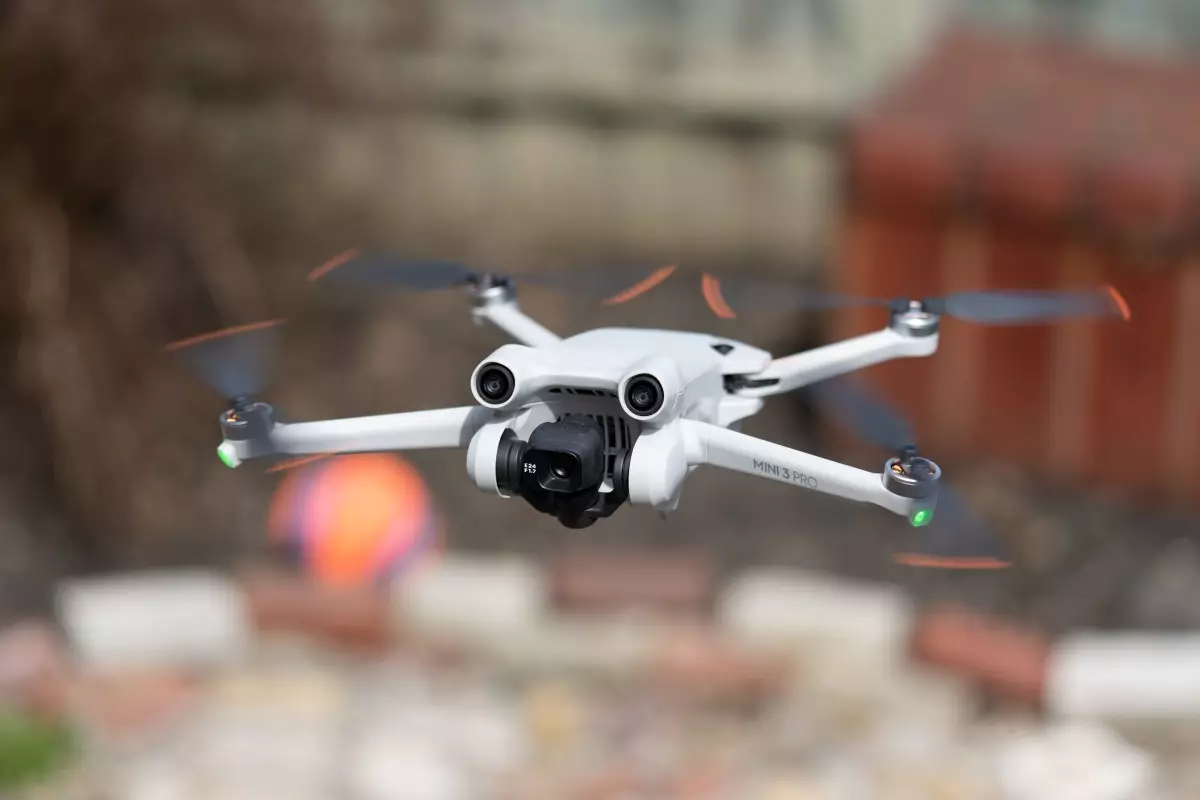In a significant legal move, drone manufacturer DJI has filed a lawsuit against the U.S. Department of Defense (DoD) following its designation as a “Chinese military company.” This action arises after over sixteen months of failed attempts by the company to enter into dialogue with the DoD regarding its classification. Frustrated with the lack of progress, DJI claims that pursuing legal recourse was its only viable option. This conflict highlights the rising tensions between China and the United States, particularly in terms of technology and national security.
DJI has been clear in its assertions that it does not have any ties to the Chinese military apparatus. A spokesperson for the company emphasized that DJI’s operations are focused on developing consumer and commercial drones rather than military technologies. Importantly, the spokesperson pointed out that even the DoD recognizes the primary functions of DJI’s products, reinforcing the argument that the designation is both misleading and unfounded. This legal action serves not only as a means of seeking justice but also as a public statement against the narrative that links the company to military aggression.
DJI’s recent lawsuit is not an isolated incident; it stands against a backdrop of increasing scrutiny from U.S. authorities. In 2022, the company was placed on the DoD’s list, following earlier measures that included being added to the Department of Commerce’s Entity List in 2020. This move had serious ramifications, making it difficult for U.S. companies to conduct business with DJI. Furthermore, the next year saw DJI put on the Treasury Department’s investment blocklist due to allegations associated with the surveillance of Uyghur Muslims in China. These actions reflect a growing apprehension within the U.S. government regarding Chinese technology companies.
The lawsuit filed by DJI seems poised to exacerbbate the already tense relations between the U.S. and China. It signifies a larger struggle for technology firms caught in the crossfire of geopolitics. Measures such as the U.S. government’s military-related designations can negatively impact not just the companies involved, but also hinder technological advancement and cooperation in the broader market. The conflict raises questions about the future of collaboration between nations amidst security concerns and the pressure on tech firms to navigate an increasingly polarized landscape.
What Lies Ahead for DJI and the Industry
As the case proceeds through the judicial system, the outcome could set important precedents regarding similar classifications of companies and the rights they possess in confronting government designations. DJI’s legal action stands as a pivotal moment not only for the company itself but also for the drone industry at large. The resolution of this matter will likely have far-reaching effects, influencing how other tech firms might respond to similar accusations and government actions. Ultimately, the ongoing situation encapsulates a critical juncture in the conversation surrounding technology, security, and international relations.

